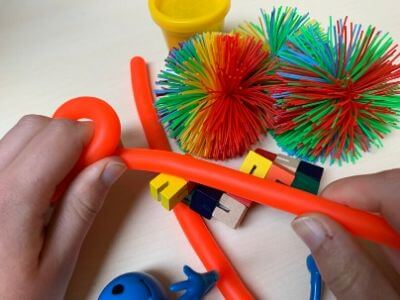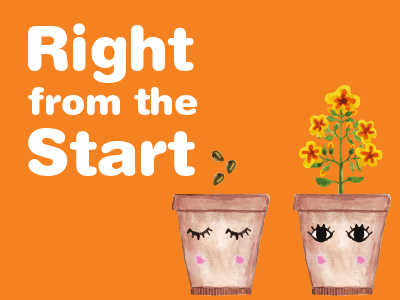Behaviours that challenge

Some autistic children and young people can display behaviour that puts themselves - or someone else - at risk. This is commonly known as a 'behaviour that challenges'. Common examples of this behaviour include:
- Physically challenging behaviours - such as hitting, biting, spitting or pulling hair.
- Emotionally challenging behaviours - aggressive shouting or using derogatory language.
- Self-injurious behaviour - behaviour that harms the individual, such as head-banging, or biting hands or arms.
- Pica - which means eating things other than food. This can become self-injurious when an autistic person eats potentially toxic or sharp objects.
- Smearing - when an autistic young person smears their faeces on walls or objects.
- Pathological demand avoidance (PDA) - this is a behaviour profile within the autism spectrum that is characterised by resistance to everyday demands. What constitutes a demand can look different to every person. Read more about pathological demand avoidance.
Causes
Autistic children and young people experience the world differently to others. Some aren't able to communicate their needs as easily as neurotypical children which can result in anxiety and frustration, and can lead to behaviour that challenges. Other factors could be sensory overload, exhaustion or lack of sleep, pain or illness, or changes to routine or new environments.
All behaviour occurs for a reason. Trying to understanding the cause can help us put in place strategies that will help the young person overcome behaviour that could be impacting negatively on themselves and the people or environment around them.
Support
The Challenging Behaviour Foundation has a lot of information for both parents and professionals to support them with practical advice on how to spot behaviours that challenge and what to do when it occurs.
The national charity Scope also produces information on challenging behaviour.
If, as a parent or carer you are struggling emotionally, your GP may be able to help. It’s important to take care of yourself in order to support your child. Other services such as Samaritans are there to listen.
Related information
Discover more information related to this topic area.





